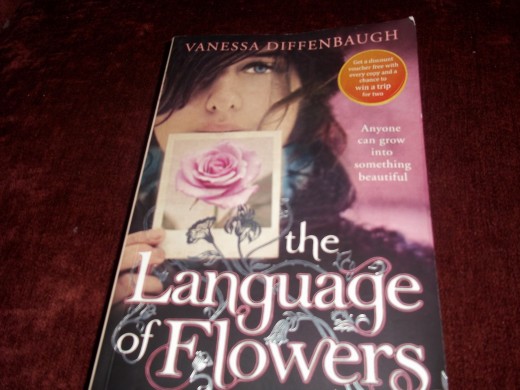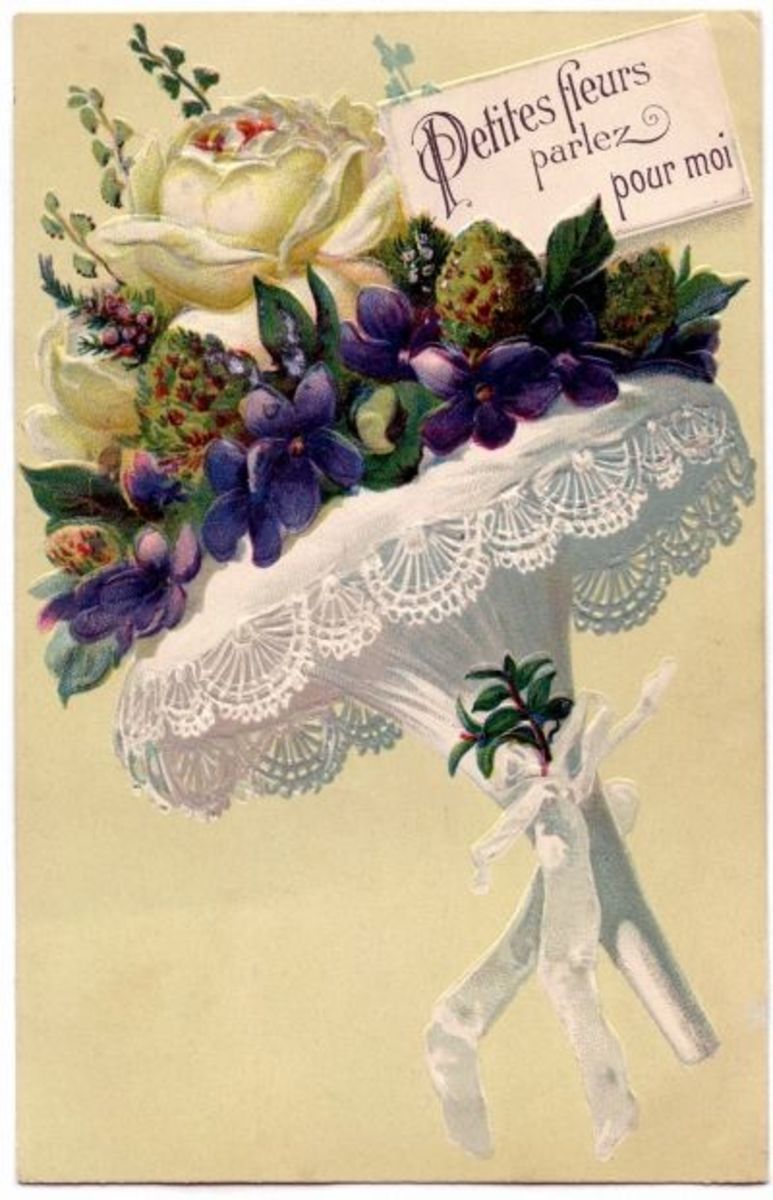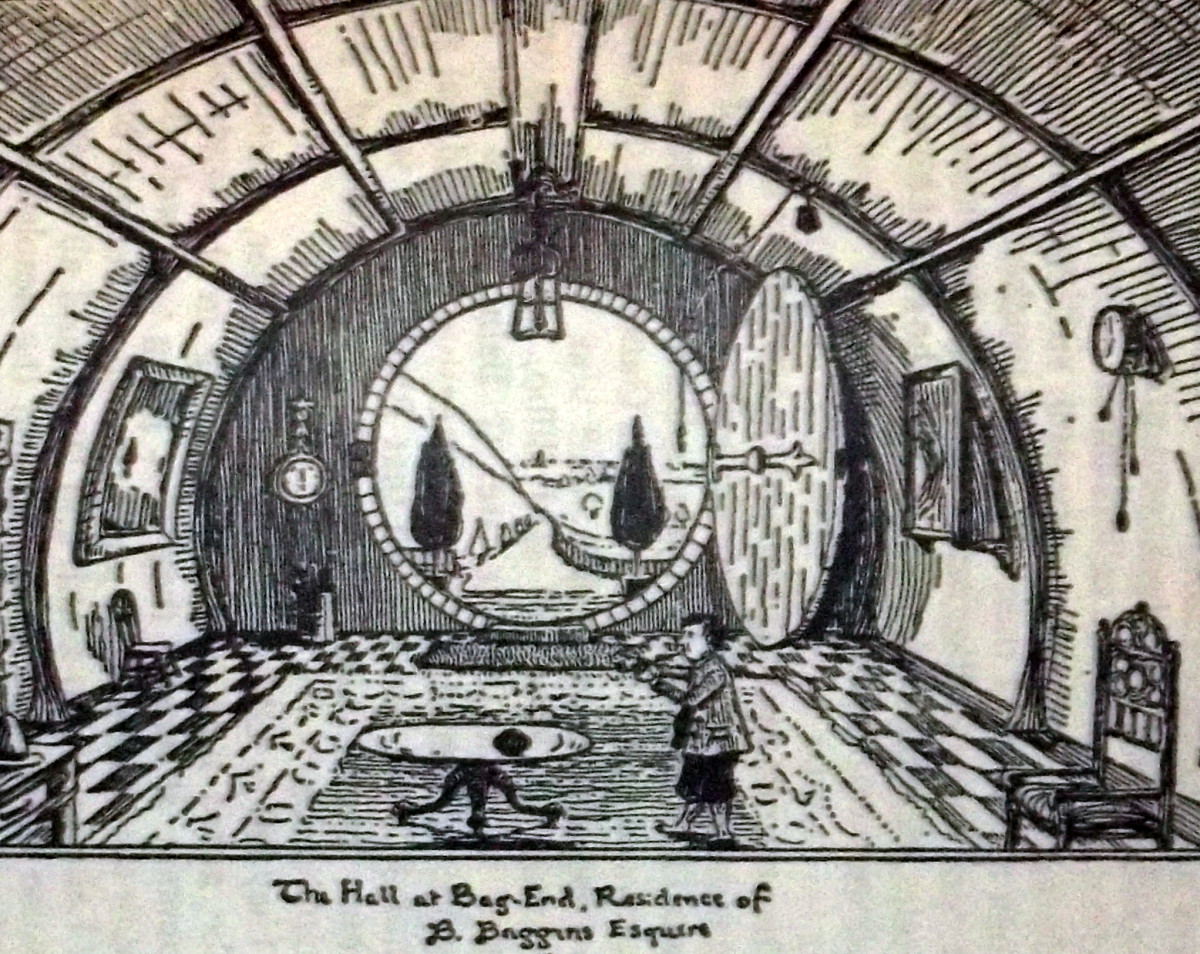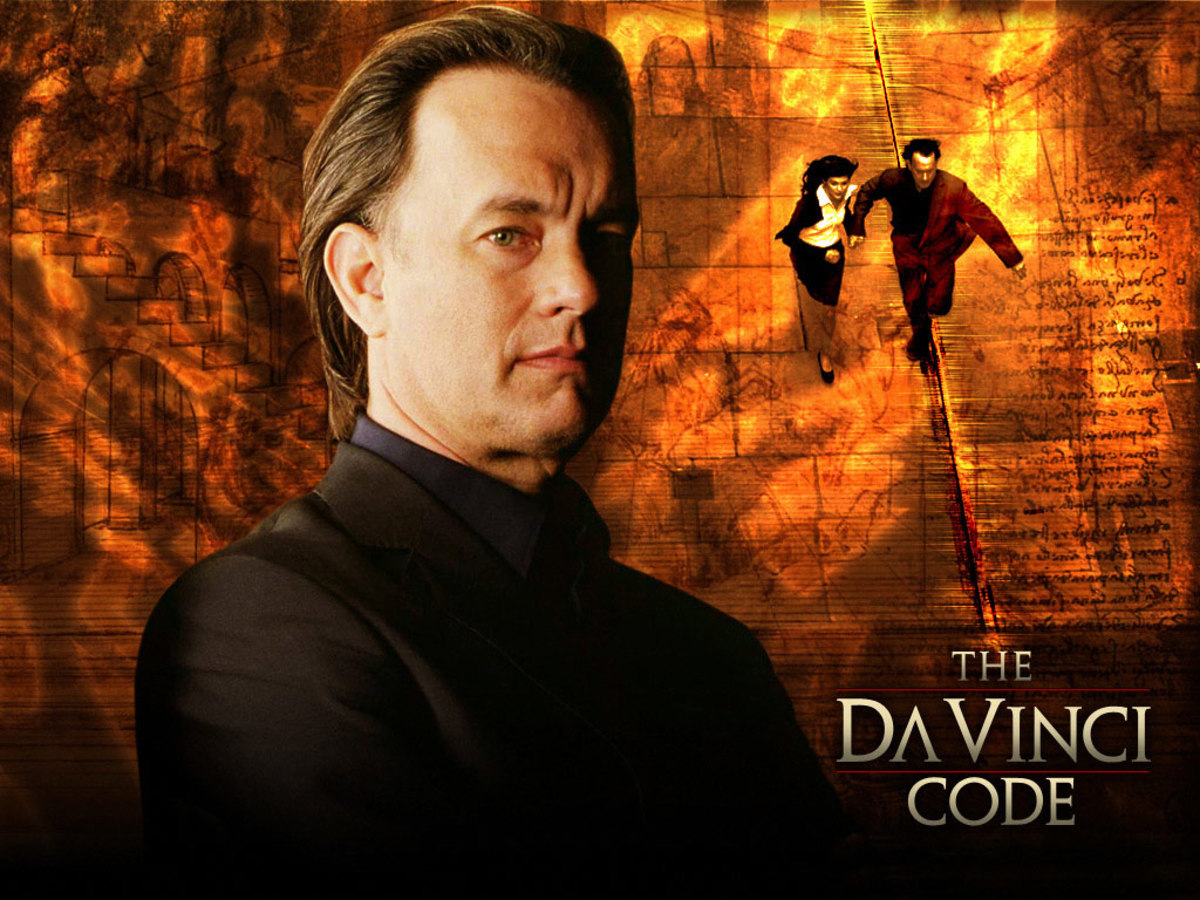Literature That Makes A Difference: You Have to Read This Book
This One Satisfies

Where Other Critical Successes Have Disappointed....
For some time, I’ve found that reading literature billed as “fiction best-sellers” often left me feeling depressed and disappointed. Quite a few of these books failed to leave me with the satisfied feeling that I’d experienced a unique scenario of gut-realism that hit the ground in the darkest areas of human nature only to rise like the phoenix within a credible ray of hope. My view on the negativity of many critically acclaimed fiction best sellers was reinforced just last month, when my book club read Tom Rachman’s The Imperfectionists, a book whose title pretty much speaks for itself. This young author’s first book received rave reviews from some of the country’s most noted critics and also from most members of my book group. I, however, found it to be a well-written but depressing compendium of loosely connected short stores about imperfect people with few redeeming qualities.
When I expressed this opinion, I was told that this was the point of the book: we are all imperfect, and imperfection often yields negative results. The imperfection inherent in humanity is a given, but my problem with books like this is : does the fact that we indeed are imperfect ultimately sentence us to dull, sad, and/or tortured lives? In other words, doesn’t “humanity” also imply choices, some of which, at least, result in posiitvity? I certainly hope that’s the case. At any rate, although I don't demand the proverbial "satisfaction is a warm blanket" approach to literature, I’ve become weary of reading critically acclaimed pieces that leave me.... well, let’s just say that the feeling is far from warm and fuzzy.
You Don't Have To Speak The Language
My faith in the regenerative power of the written word recently was restored when I read Vanessa Diffenbaugh’s The Language of Flowers. Please don’t make the mistake, as I almost did, of judging this book by its cover. If you do, you might opt out on a remarkable piece of literature and deny yourself a look at an Ultimate Imperfectionist in all her... and this might sound like an oxymoron ...glory. In other words, you don’t have to be even remotely connected to all things floral in order to be captivated by this book and its narrator/main character.
At some point in your education, you might have heard (probably from an English teacher) that it is very difficult to use a first person narrator effectively. That often is the case; in The Language of Flowers, however, any other type of storytelling probably would not have been as successful. Victoria, the book's narrator/ main character, functions with an undercurrent of hostility that often boils over, scalding her with the one feeling she fears most: rejection. Her fear is not ungrounded; as an infant, she was abandoned by her parents, and for the rest of her 18 years she was failed by a seriously flawed foster care system. Who could have told this story better than the young woman herself? Through her eyes, the reader learns the true meaning of a life lived as a castaway, a virtual non-entity. Through Victoria's self-portrait, the author is able to capture the essence of a main character who, like all of us, is both protagonist and, at times, antagonist. (Would it surprise you that this child's hostile nature had materialized before she had reached her tenth birthday?) At some point during the reading of this book, though, sympathy for the plight of this "career foster child" is eclipsed by empathy as the reader not only understands Victoria’s hostility but actually feels why she continued to make choices that were destructive not only to others but to herself as well.
Creating The Bouquet
The structure of The Language of Flowers is carefully crafted, with details of Victoria’s post-emancipation life at the age of 18 alternatining by chapter with scenes from her past continuing foward until both scenarios colide and the resulting time line moves forward in the present. This technique keeps the reader engaged, unwilling to put the book down, and eager to learn what happens next in both scenarios. As the story unfolds, the significance of the title comes into play when it becomes increasingly clear that the girl whose communication skills are virtually nonexistent responds to the only language she has learned to trust: the language of flowers. This is a language that goes far beyond the red rose= love, yellow rose=friendship, white rose= purity type of symbolism you learned in a high school literature class. It is a language based not on case, tense, or mood but rather on the reality of emotion.
The reader meets the other characters in the book as they touch Victoria’s life. The first of these characters is Meredith, the caseworker who has known Victoria from the beginning of her tumultuous journey through the foster care system.... in other words, for her entire life. Meredith seems to blame Victoria for all of her unsuccessful foster placements, and, at first glance, the reader might be tempted to agree with that assessment. By the end of the book, however, it becomes clear that Meredith’s good intentions most likely were eclipsed by frustration somewhere along the way, causing her to become yet another roadblock in Victoria’s sad, solitary journey of self-preservation.
Another key character is Elizabeth, the only person in Victoria’s revolving door of foster placements who deserved the title of “parent,” the one who introduced her to the powerful language of flowers.... and the one she sacrificed for reasons that made sense to a ten-year-old who had faced a lifetime of rejection. Years later, after Victoria's emancipation from foster care, Renata serves as a hands-off mentor who provides Victoria with the only job that speaks her language: an informal position as assistant in a floral shop. Then there’s Grant, who lives in a tower amid fields of flowers and portends a tenuous transition from Victoria's past to her present, and....to reveal any more about the book definitely could qualify as a “plot spoiler.” Let’s just say that another character brings the plot line full circle.
A Universal Language
You might never have met someone like Victoria, or you might have passed her on the street and not recognized the story hidden beneath her demeanor. In any case, Victoria is someone you need to meet. You might not choose to have her as a friend, but once you’ve come to know this young woman, you will understand why she so desperately deserves one. You might also want to take a closer look at our foster care system.
Despite the fact that the main character as well as most of the other characters are female, this isn't just one of those Books For Women; the issues, the emotions, and the outcomes far transcend gender. Ultimately, even if you don’t speak the language of flowers, you might find it a tongue that's not so foreign after all.









